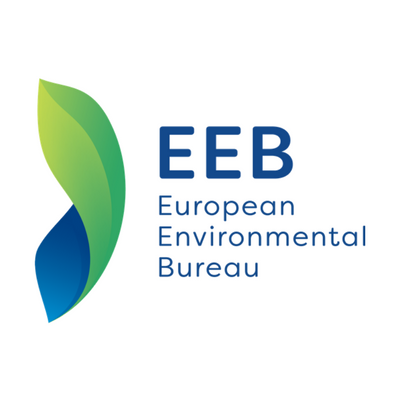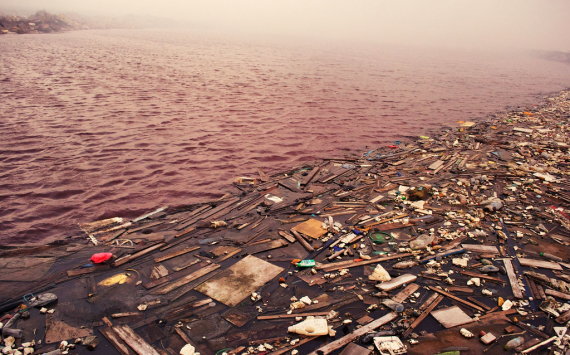Description
The European Environmental Bureau (EEB) is a network of around 170 environmental citizens' organisations based in more than 35 countries. The EEB is a democratic federation, representing local, national, European and international groups in European Union Member States, plus some accession and neighbouring countries. It plays a prominent role in defending and promoting environmental interests and legislation at the different EU institutions.
History
Before the first Environmental Action Plan was adopted by the European Community, environmental NGOs from Europe met in the United Kingdom, together with the European Commission, the UNECE, the UNEP and the IUCN. During the meeting, the creation of a federation of non-governmental organizations within the European Community was proposed, which later become an information clearinghouse for the EC countries.
In order to give its members a central location to follow and respond to the developing environmental policy of the EU, the EEB headquarters was established in Brussels in 1974.
In 1998, the EEB led the issue group on public participation of the pan-European coalition on environmental citizens' organizations, later named as European ECO Forum, which was closely involved in the negotiating phase of the UNECE Aarhus Convention.
By 2013, it was considered as one of the seven core environmental organizations in Europe, together with Friends of the Earth Europe (FFoE), Greenpeace International, the World Wide Fund for Nature (WWF), the Climate Network Europe (CAN-E), the European Federation for Transport and Environment (T&E), and BirdLife International.
EU political institutions had a large role in the formation and maintenance of Brussel-based umbrella- and federation type groups representing EU civil society, through direct funding relationships (estimated around 80 per cent in 2005) from the Union budget, and by virtue of an early preference of the Commission for engaging only with EU level groups.























